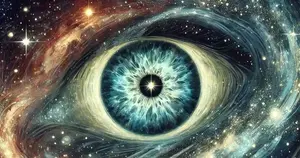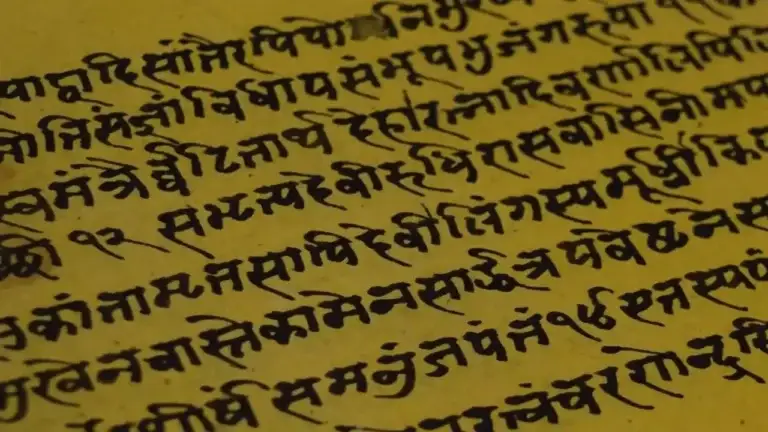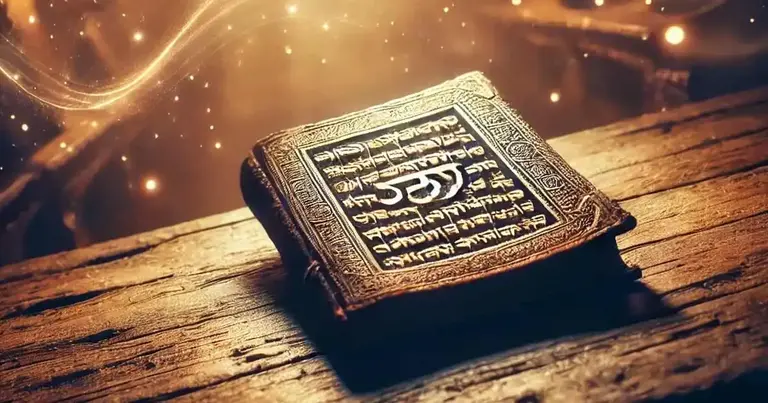Is God Really the Creator? A Spiritual Perspective on Consciousness and the Universe
Is God truly the creator, or is consciousness the real source of existence? While religions claim a divine creator and scientists argue the universe has always existed, Vedic philosophy offers a different perspective. It suggests that nature and consciousness are interconnected, with consciousness being both the creator and the creation. Could this explain evolution, adaptation, and the very fabric of existence? This article explores an alternative spiritual take on the universe’s origins.

Throughout history, religions have taught that God created the universe and existed eternally before it. Meanwhile, scientists propose that perhaps the universe itself has always existed, even before the Big Bang. But what if both perspectives are incomplete?
The Conflict Between Science and Religion
The idea of denying God, popular among many scientists, originated largely in the global West due to the presence of fear and superstition in religious traditions. These traditions often resisted new ways of thinking that sought to understand the universe through logic and observation. However, this conflict was not as pronounced in ancient India’s Vedic culture.
In my blog Why All Religions Had Similar Gods, I discussed how early civilizations feared natural forces, leading them to create gods with similar powers. However, the Vedic texts go beyond this—deities in the Vedas are used as tools to describe natural forces and explore the qualities of consciousness itself.
The Vedic View: Consciousness as the Source
Vedic philosophy evolved to propose that while the origin of the universe is difficult to comprehend, two fundamental elements shape our existence:
- Nature – composed of energy and particles.
- Consciousness – the observer that perceives and interacts with nature.
Initially, sages thought nature manipulated itself to keep consciousness engaged since its very existence depended on an observer. However, deeper introspection led to a realization: if consciousness is bound to nature, then nature cannot be more powerful than consciousness itself. From this, they concluded that everything must be consciousness.
Consciousness: The Creator and the Creation
Imagine a vast, continuous curtain woven from a single thread. It may have folds, patterns, and variations, but the thread remains the same throughout. This analogy helps us understand how lifeforms evolve in response to their surroundings:
- A frog alters its DNA to develop a back that resembles a snake’s head.
- A baby bird mimics the movement of a venomous caterpillar for survival.
- The patterns on a butterfly’s wings evolve to resemble intimidating eyes.
- Organisms integrate locally available minerals into their bones and shells.
Humans may have discovered plastic, but they did not invent it. They merely combined naturally occurring chemical elements, leading to the evolution of bacteria capable of digesting plastic. This aligns with Advaita Vedanta (the philosophy of non-duality), which compares existence to a drop in an infinite ocean—the drop is not separate from the ocean, and the ocean is not separate from the drop, even though waves may appear distinct.
Rethinking Creation
If consciousness is both the creator and the creation, then the universe is not a separate entity designed by an external God. Instead, it is an unfolding manifestation of consciousness itself. Rather than seeking a beginning or an end, perhaps the real question is: how deeply can we understand our own consciousness?
By shifting our perspective, we may find that the creator is not an external force but the very awareness that allows us to question its existence.


